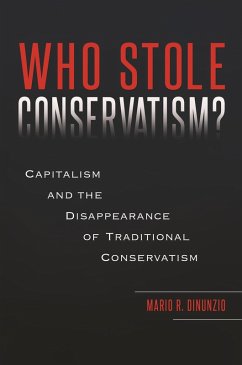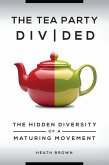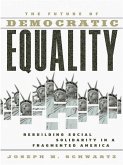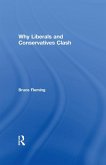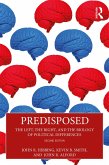A compelling explanation of how conservatism is no longer what its founders intended and how it has been transformed into a tool of materialist economics and emptied of much of its original meaning. During America's 19th-century Gilded Age, free-enterprise capitalist ideas distorted and deeply obscured traditional political conservatism. Conservatism today, argues distinguished historian Mario R. DiNunzio, is a grotesque version of the ideology crafted by its founders, including John Adams in America and Edmund Burke in England. This compelling book provides a survey of conservative thought and its transformation that originated in the late 19th century, exposing the influence of that transformed conservatism on 20th-century American politics-from Hoover to Goldwater to Reagan and on to the Tea Party. It explains the historical foundations of conservative thought and the radical transformation of conservatism into a vastly different ideology primarily concerned with the defense of unfettered capitalism and extreme rights of individuals, as opposed to the values of traditional conservatism: community, good order, tempered change, and enduring values. DiNunzio challenges conservatives and scholars of conservatism to confront the differences between what passes for conservatism in modern-day American politics and the tenets of the original conservative tradition.
Bitte wählen Sie Ihr Anliegen aus.
Rechnungen
Retourenschein anfordern
Bestellstatus
Storno

